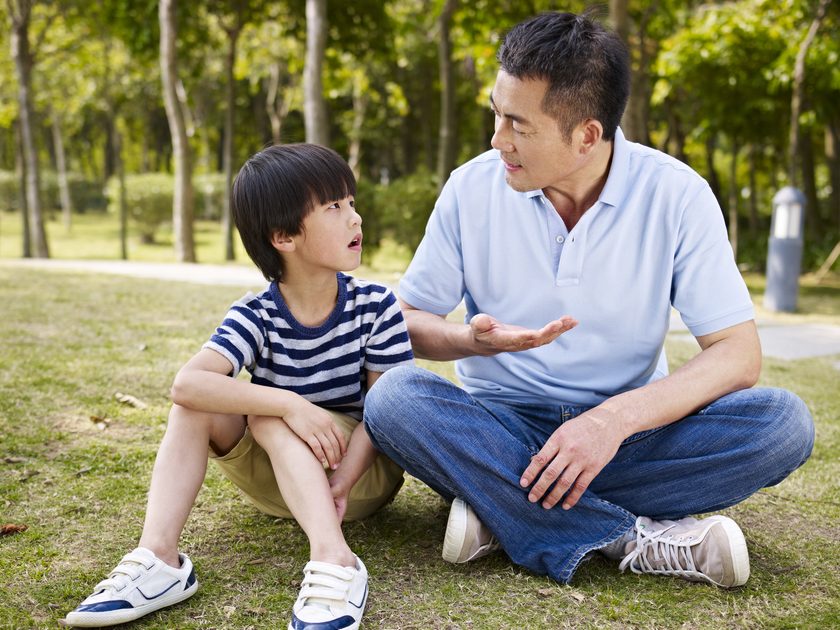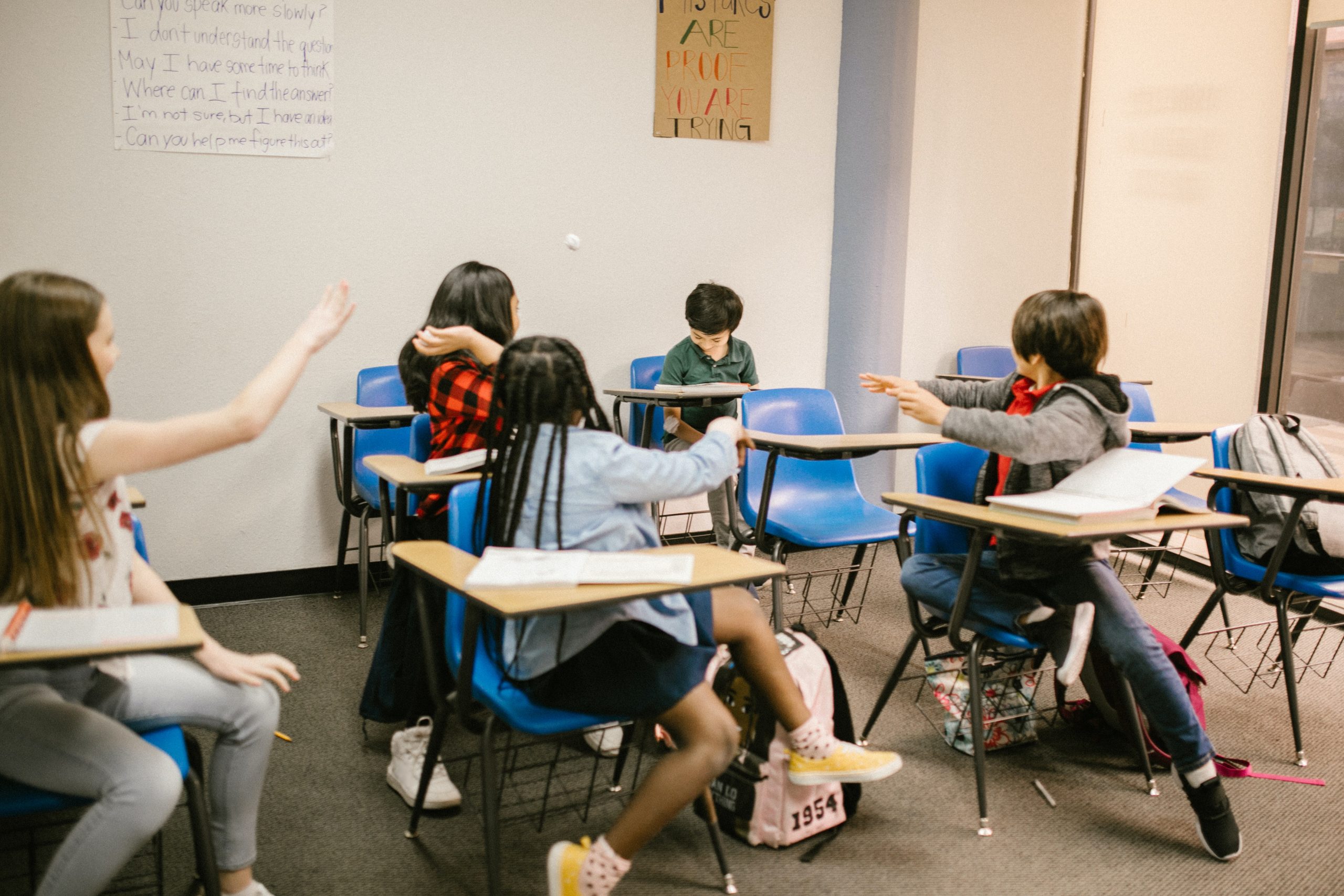The number of students getting bullied every day keeps increasing; research shows one out of every five students report being bullied. From depression and anxiety, loss of self-esteem, and impaired academic development to health issues, kids who get bullied experience physical, mental, emotional, and social issues.
If you are concerned your children may be a target of bullies, you must know the signs to look out for and the steps to stop the menace.
Therefore, this article discusses telltale signs of bullying and the best ways to handle bullies as parents.
Let’s begin.
How do kids get bullied?
Every kid gets teased by friends at some point, which is normal, as long as both kids find it funny. However, it becomes unhealthy when it’s hurtful, harmful, and constant. Bullying begins when rather than the mutual, friendly banter friends share, one person becomes a target of constant ridicule and jest.
Bullying is deliberating tormenting kids in physical, emotional, and psychological ways. It could range from ostracizing the kid, calling them names, hitting, threatening, and exploiting them.
Telltale signs of bullying
It’s challenging to know if your child is being bullied unless they tell you or you see bruises that point to that. However, there are specific warning signs to watch out for before it gets to that. Let’s take a look.

1. Withdrawal from activities
If you notice your kid, who was always so excited about school and extracurricular activities, suddenly becomes uninterested, it’s time to pay closer attention.
Chances are they are being bullied at those places. Therefore, they try to avoid staying longer in school to avoid the bullies.
So, if rather than the usual buzz of excitement they express for school, they begin to fake illnesses to miss classes, you need to look and identify what is wrong.
2. Unwillingness to discuss school
Discussing how tormenting their day in school was isn’t going to be one of your kids’ favorite pastimes, especially when they’ve been coerced not to mutter a word about it to anyone.
So, if your child constantly avoids conversations around school or responds evasively, it may be because they don’t want to discuss their bullying episodes in school.
3. Irritability and aggression
Bullied kids are often frustrated and quick to unleash it on everyone except their bullies. So, if you notice your once cheerful and tolerant kid is becoming irritable and violent, it may be a sign that someone is doing the same to them when you aren’t there. So, check in immediately when you notice your child is suddenly being mean to their siblings or people around them.
4. Fidgeting and anxiety
If you notice your child lacks the self-assurance they used to have and constantly panics and fidgets over little things, they are probably being bullied in school. So, if you realize they are being hyper-aware of their surroundings and express anxious concerns, you should check in to confirm if they’re being bullied.
How to help your kids deal with bullies
Below are tactics you can adopt to stop your child from bullies:

1. Support your kid
If your child tells you they are bullied, or if you notice they are bullied, offer them support. Bullied kids are often tricked into thinking it’s their fault for being bullied. So, they feel ashamed and guilty when it’s discovered.
Therefore, the first thing to do is to commend them for agreeing to talk about it and let them understand that none of it is their fault. Remind them that they are not alone and that you are there to support them.
2. Build your child’s confidence
The next step is to build your child’s self-esteem. It will be easier for them to handle bullying if they are confident.
Help them identify their unique qualities and constantly reinforce them, so they believe and get used to feeling great about themselves. This way, they become resistant to emotional and psychological abuse from bullies.
3. Teach them how to act
Coach your child on how to respond to bullies. Bullies pick on people who feel inferior and those they can get quick reactions from. So, teach your child the right way to react to bullies.
4. Talk to a teacher or administrator at your child’s school
It’s the school’s responsibility to stop bullying in the school. So, talk to your kids’ teacher, guardian, or administrator to take necessary measures. If the bullying occurs somewhere other than the school, perhaps in the neighborhood, speak to the bullies’ parents or guardians to deal with their child’s behavior.
Conclusion
Bullying can leave a lasting impact on your kids’ overall well-being, so it’s critical to prevent them from being victims. In this article, we discussed the most prominent signs to know if your child is being bullied and how to make it stop. Adopt the tips provided in this article to prevent your child from being a target for bullies. Visit Explico to get professional assistance.


